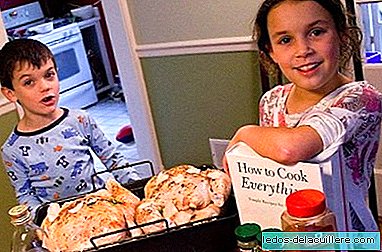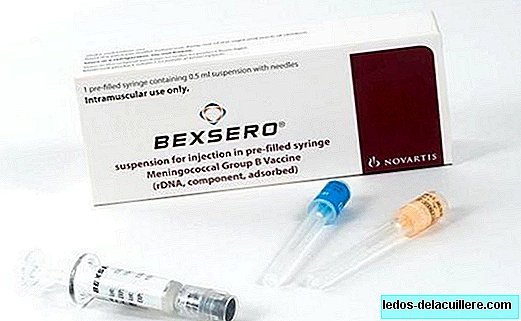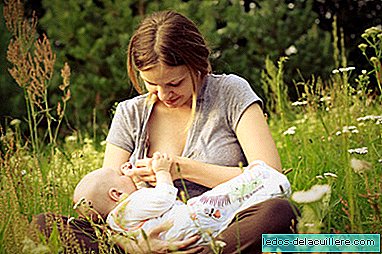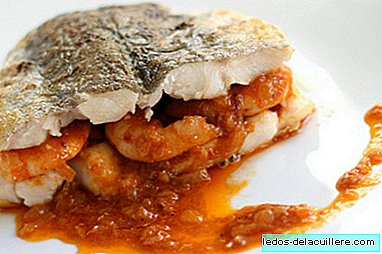
Sometimes we don't have as much time as we would like to cook, but not to go in a hurry we should forget certain measures to prevent foodborne illness. The greater or lesser desire to stand before the stove are not an excuse.
Especially in summer, with the increase in temperatures there are risks that we can avoid paying special attention to the way of cooking. Young children are also more sensitive to certain eating risks.
What are the correct hygiene measures (from the cook and the place where we cook), how to defrost food properly, how to store it, what are unsafe foods ... are some of the data that we should keep in mind when we put ourselves hands in the dough.
Keep clean
Our hands (and those of children) must be clean for cooking and eating, it is important to remember to wash them. But hygiene must also be maintained in other places:
- Always wash your hands before preparing food and also several times during preparation.
- Always wash your hands after using the bathroom.
- Wash all surfaces and utensils used in food preparation carefully.
- Protect food and cooking from insects, pets and other animals (store food in closed containers).
Separate raw foods from cooked foods
- Always separate raw foods from cooked and ready-to-eat foods.
- Do not use the same utensils, such as knives or cutting boards, to handle raw foods, such as fish, meat or chicken, and for cooked food.
- Keep food in separate containers to avoid contact between raw and cooked.
Cook, stew, roast or cool completely
- When cooking, avoid food that is raw inside, especially meat, chicken, eggs and fish.
- Make sure the soups and stews reach the boil.
- Reheat cooked food well.
Keep food at safe temperatures
- Do not leave cooked food at room temperature. Store cooked and perishable food as soon as possible, preferably below 5 ° C.
- Keep cooked food that is going to be consumed hot above 60 ° C.
- Do not store food for a long time, even in the freezer. Baby food should be consumed immediately once prepared.
- Do not defrost food at room temperature but in the lower part of the refrigerator.
Use safe food and water
- Use drinking water.
- Select healthy and fresh foods.
- Do not consume unprocessed milk, that is, it has not been pasteurized or sterilized.
- Wash fruits and vegetables, especially if they are eaten raw.
- Do not eat food after its expiration date.
These recommendations offered by the Spanish Agency for Food Safety and Nutrition (AESAN) are based on the "Five keys to food safety" of the World Health Organization, which we talked about a while ago and should remember .
Preventing foodborne illness is simple, but we must be attentive and not commit the oversights that often happen to us. Cooking can be fun, eat more, but you have to do it safely and healthily.












